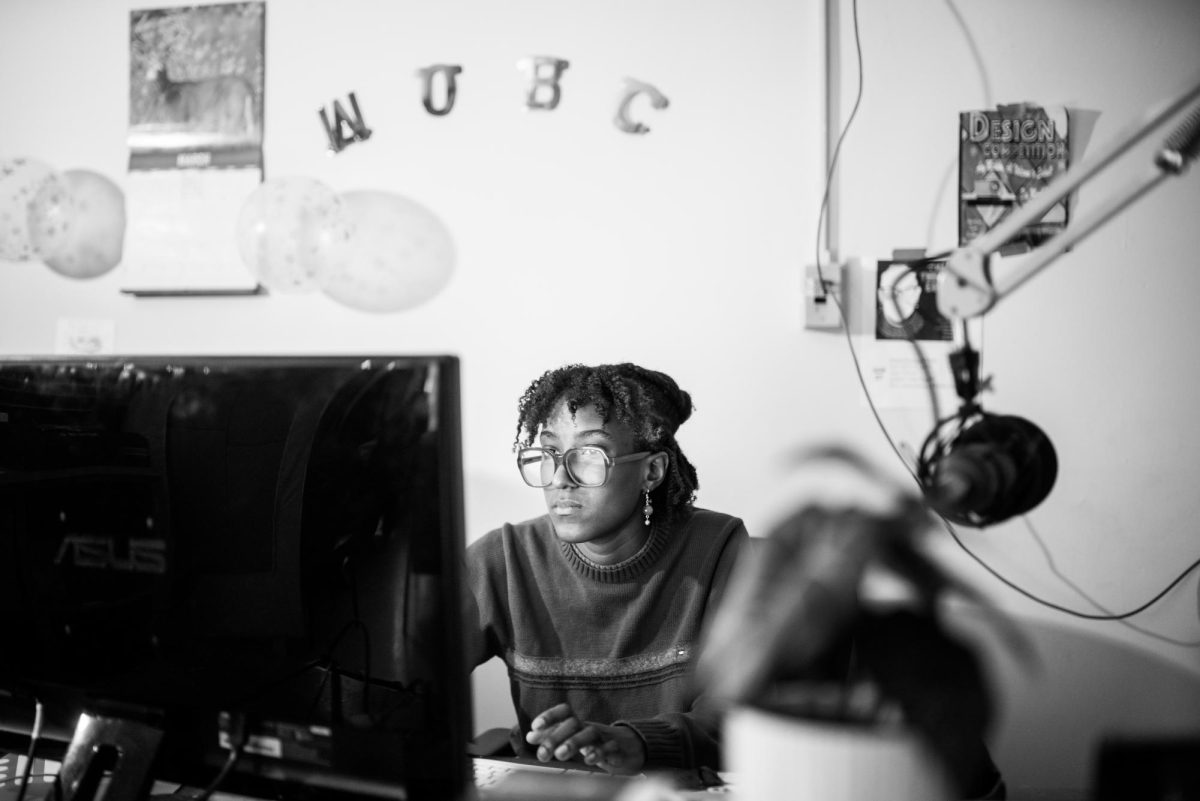In just a little over a month, President Donald Trump has initiated a swath of assaults against the most vulnerable communities in the country and beyond. Over 1.4 million undocumented people in the United States now face an imminent danger of being detained by Immigration and Customs Enforcement without any warning or due process. Trump has suggested a mandated displacement of all Palestinians and other residents from the Gaza Strip, and that the U.S. would place the territory under its imperial jurisdiction. And to sweeten it all, he is currently enabling an unmitigated corporate capture of our political process.
Despite Trump being the dominant voice of our national political landscape for nearly a decade decade, now winning a second term in the Oval Office, people still somehow cannot rationalize him as anything but an aberration from our political system. It is not Trump himself, but people’s inability to understand how Trump fits squarely into the American tradition that troubles me the most. If people cannot understand this fact, they cannot comprehend the degree to which injustice continues to be embedded in our society, and the urgent need for us to rectify it.
Too many of us still cannot fully comprehend the inequality that is embedded into our society, which precludes any action for us to change it for the better. This manifested itself in the story of progressives abstaining from voting, and continues to do so now.
Consider Trump’s recent wholesale assault on initiatives that promote Diversity, Equity and Inclusion in all sectors of American society. Within less than a month, Trump launched a comprehensive campaign against affirmative action initiatives in public and private workplaces. It culminated in him signing an executive order to rescind President Lyndon B. Johnson’s Executive Order 11246, which required federal contractors to practice equitable affirmative action hiring.
The popular responses to his executive order inadequately address the elephant in the room. On social media, people have been circulating lists of corporations we should boycott to punish their adherence to Trump’s executive order. Boycotting and strikes in general have historically emphasized the power that everyday citizens have as essential participants in the national economy. But in this context, it is a syllogism for people to launch a boycott campaign primarily targeting individual corporate actors and expect that to have any considerable weight in deterring Trump’s corporate capture over our political system. Our opportunity to signal to corporations that we will not tolerate them skirting away from DEI initiatives was back in November.
Corporations are now realizing that Trumpism is here to stay, and they need to find ways to continue generating profits per their core functioning as businesses. This is not to defend businesses’ spinelessness in eviscerating decades of their affirmative action programs for profit. But the list of corporations to abolish is only going to grow. That is because as citizens with a responsibility to participate in the democratic process, too many of us failed our obligation to show up when it mattered and signal to businesses that a platform like Trump’s — which stands against recognizing any impact that the legacy of slavery and Jim Crow has on the present — is unacceptable in our present landscape. The ‘boycott’ campaign is a continuation of many people still insisting that we can save our political system by treating the symptoms without seriously addressing the sickness itself.
On June 4, 1965, President Lyndon B. Johnson gave a pivotal commencement address to the Howard University’s graduating class where he stated that “it is not enough just to open the gates of opportunity; all our citizens must have the ability to walk through those gates.” This message embodied the next six decades of public policy invested in rectifying the legacy of slavery and Jim Crow. This privilege was not simply handed to us. It was painstakingly taken by the hands of those willing to lose their lives to demand a fundamental change in our society. Since President Johnson’s era, the hold that his message had over governmental policy has steadily weakened; from the pivotal Grutter v. Bollinger case that significantly limited the scope affirmative action had over college admissions processes, to drastic action our president is now taking. This demonstrates the violent duality that relentlessly ravages the soul of our nation.
Justice and injustice do not merely war with each other on an abstract conceptual plane; everyday people operate as the footsoldiers of this battle. It takes consistent diligence and struggle for us to preserve what we won 60 years ago. Less diligence means that we are okay with losing everything that we have gained. During the election, I heard many potent narratives from people who are tired of being told to wait until their elected officials do what is moral. But too many people failed to understand that radically reshaping our society not only requires an idealistic imagination, but also for us to counterbalance that imagination with pragmatic decisions at every minor junction of our fight. Regarding last November’s context, people did not have the luxury to minimize the threat that Trump poses to nearly every social safety net we’ve enjoyed for decades — withstanding the very valid flaws the alternative had.
Optimism is the fundamental building block that progressives have to imagine a better future. But optimism without regulation and critical attention to the present context is a dangerous form of ignorance. We were ignorant to believe that we could abstain from voting and deal with Trump when we cross that bridge. We cannot afford to continue to be ignorant, because racist and corporate interests know exactly what they want to tear apart.








